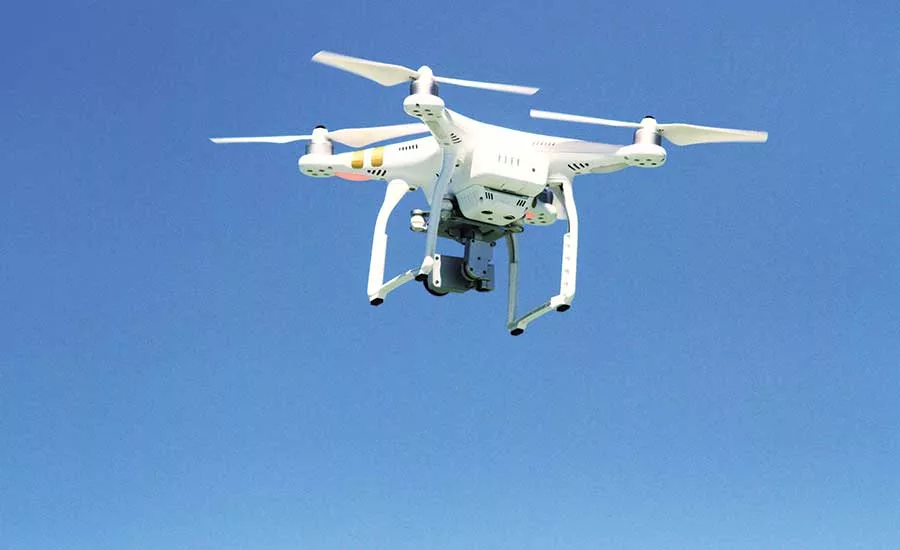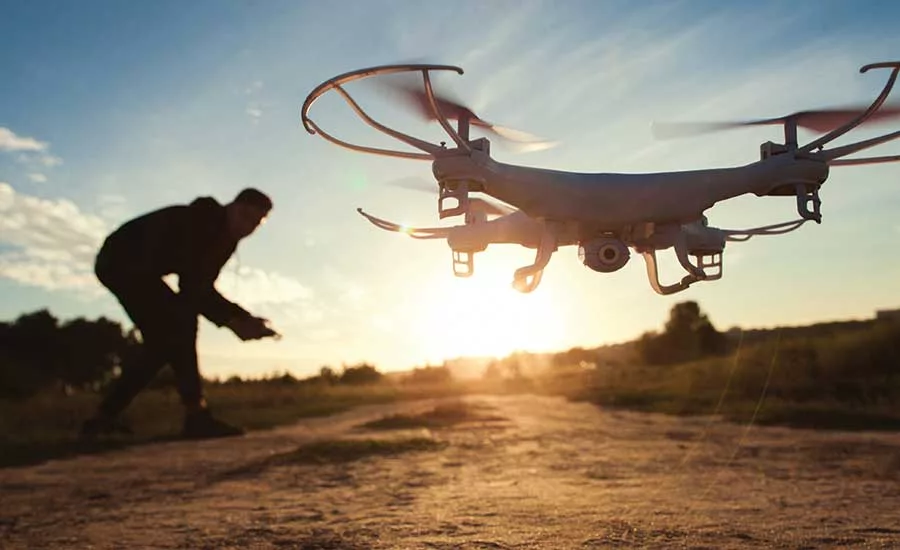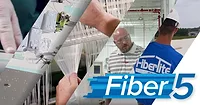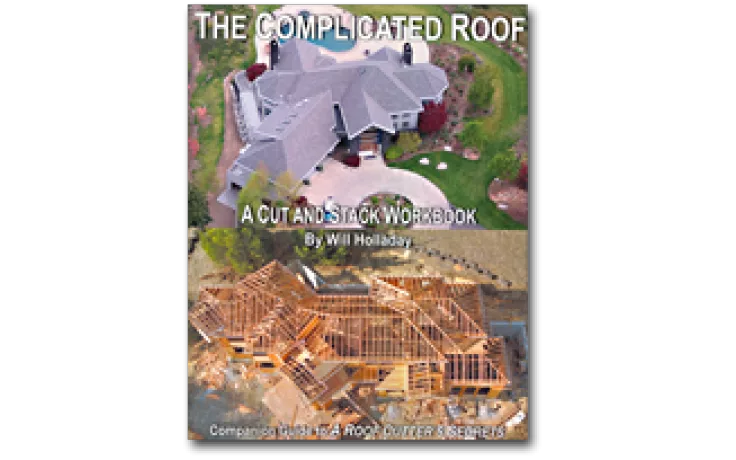Roof Maintenance: Picking the Right Drone Provider
It’s critical for firms in every industry to understand how to pick the right drone company.


The commercial drone industry is rapidly expanding and changing.
The commercial drone industry is rapidly expanding and changing. It’s critical for firms in every industry — especially roofing, to understand how to pick the right drone company. With less than a decade of prevalence in the economic landscape, there’s been little time for drone companies to develop a name for themselves as reputable. It can be very difficult to know if the firm you’re engaging with is legitimate, or a sham. Regulations and technology within the industry are changing every day. New drone companies are popping up in everyone’s backyard. This article is meant to equip you with the necessary information and questions you may need in order verify the authenticity of the potential drone service provider to your firm. Subjects covered will include regulations, certifications, gauging levels of experience, understanding the operational capacity of the service provider and drone insurance.
Regulations
Regulations have been changing rapidly since small commercial drone operations began to gain traction several years ago. All signs point toward continued rapid change in the commercial drone space for the foreseeable future. It’s of vital importance for your drone service provider to understand and follow these regulations. The following questions can be asked if you want to know if the vendor you’re speaking with understands the regulations surrounding commercial drone operations. What are the federal regulations? What are the state regulations? What are the local regulations? What steps does your firm take to ensure all rules are followed? If these answers can’t be provided with proficiency, it’s likely the vendor you’re talking with performs operations outside of the current regulations and you should be wary. The federal regulations can easily be viewed on the Federal Aviation Administration’s (FAA) website. State and local regulations are also easy to find online.
Certifications
It’s important to understand if the firm you’re potentially working with is utilizing pilots that possess the appropriate licenses. You can ask the following questions to better understand how your potential service provider handles this: Are your pilots Part 107 certified? Does your company possess a Section 333 Exemption? If the answer is no to both of these questions, you should absolutely find a new drone company. If the answer is yes to only one or the other, you should be fine to move forward. If the answer is yes to both, you are double covered and will be able to rest easy. A part 107 Certification is basically a small drone pilot’s license that allows an individual to fly small drones and a Section 333 Exemption is an exemption that a company can receive from the FAA that allows for the company to perform professional drone operations. More information on both the Section 333 Exemption and the Part 107 Certification can be found online on the FAA’s website.
Level of Experience
It’s important to understand the level of experience that the firm you’re about to be working with possesses. Drones service a number of industries so it’s important to ask questions about their level of particular experience in your industry. If you’re looking to have a marketing video produced, you may want to ask questions about the firm’s media editing team’s level of experience. If you’re looking to have 3D models made of job sites, you may want to ask what level of data processing experience the firm possesses. Every industry has its own particular needs and wants, so make certain the company you’re working with is actually prepared to work in your type of space. You can also ask for references from previous clients that the firm provided similar solutions to as an additional layer of due diligence.
Operational Capacity
It may be a simple task to work with one freelance drone operator in one market on one project and get an acceptable outcome, but when you need a consistent, professional product at scale, receiving an acceptable product may be harder to deliver. It’s important to ask about the size of the operation, editing capacity, geographical limitations, technological limitations, data processing capacity, account management capacity, ect. If the firm you’re reaching out to only operates locally and doesn’t have processes in place for providing solutions at scale, you may want to explore other options.
Insurance
When operating professionally it’s always very important to carry insurance. It’s equally important to make certain any contractor or subcontractor you utilize to carry out functions on your behalf is also adequately insured. Insuring drone companies used to be very difficult, as insurance agencies were slow to adapt to the changing economic landscape. The landscape has changed tremendously over the last few years and finding insurance for a drone company and for its operations and equipment is a relatively easy task — as many firms are now predicating their business model on serving the bubbling commercial drone industry. There are also firms that can easily provide short term single operation insurance for flights. There’s no excuse today for a drone company to be uninsured.
The Bottom Line
The bottom line is that you have to look out for your own best interest when stepping into the drone space. A great number of firms are operating illegitimately and will work to hide this truth from you. It’s your job to research and find the right firms to work with while economic Darwinism runs its course and clear leaders are distinguished in the drone space. Best of luck to anyone reading this while preparing to take their operations to new heights with drones.
Looking for a reprint of this article?
From high-res PDFs to custom plaques, order your copy today!





